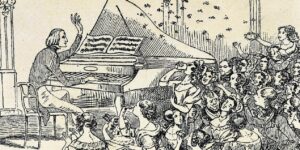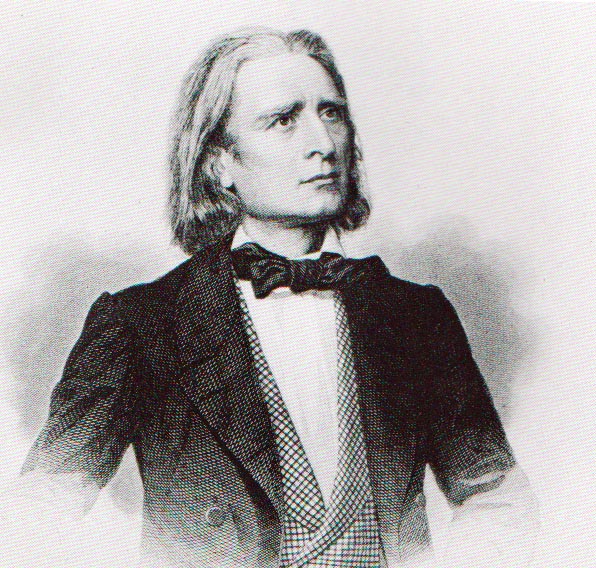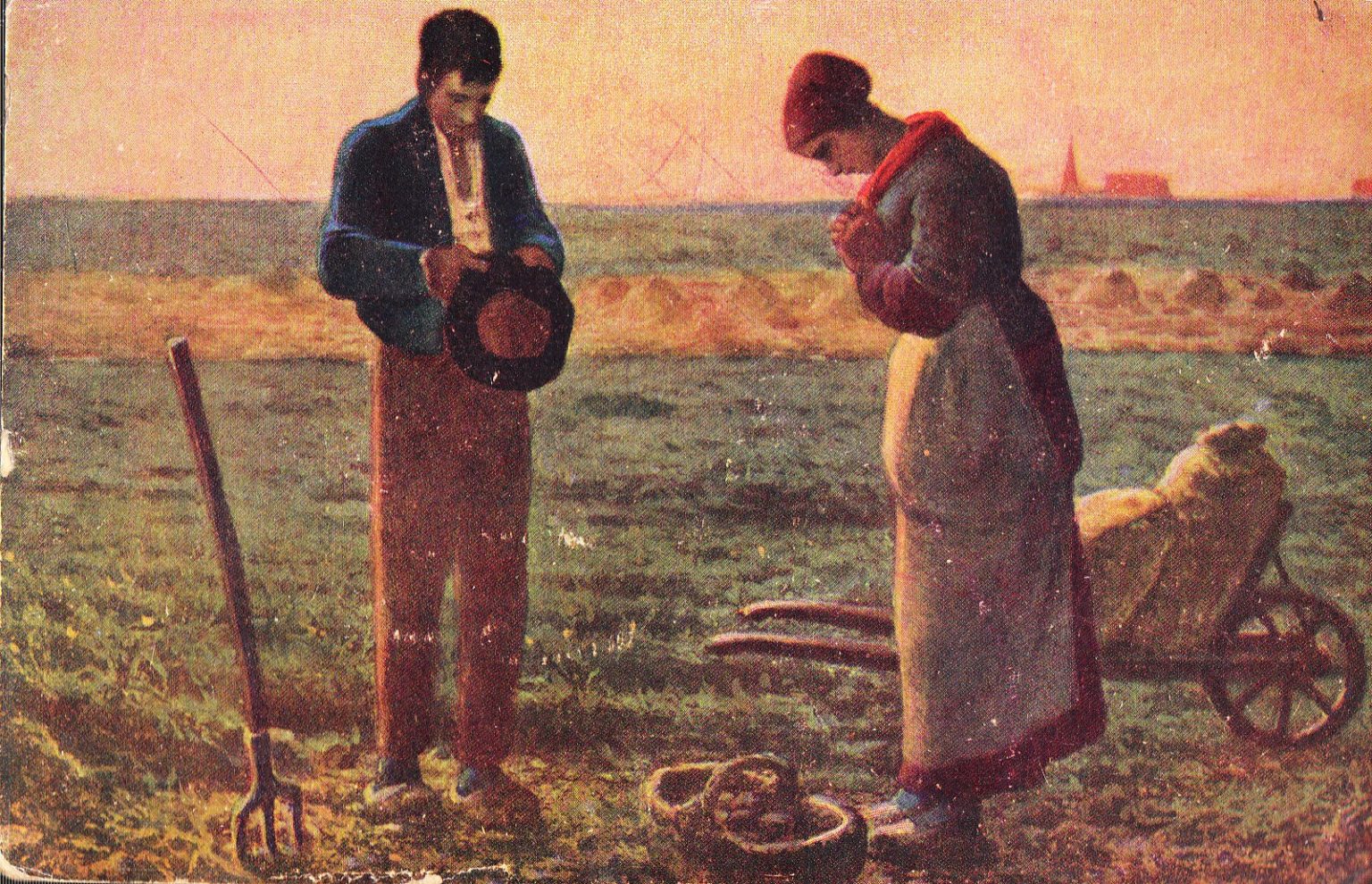I once did a piece, in 2016, about Groupies, almost always females, and almost always from wealthy families, who almost always bribed their way onto the rope lines, or into the hotel rooms of the “Band” after the show, in order to “count coup” (a Plains Indian term) and to bring home a trophy.

(This photo is from a Beatles tour in the 1960s, but just as easily could have been an Elvis appearance in the 50s, or in totally different get-up, a rope line for Steppenwolf, Led Zeppelin or Van Halen. Or maybe even Frankie Sinatra in 1940, after he’d gone solo.)
I wrote that article as a defense of Herman Cain, who was railroaded out of the 2012 presidential race, and might have been America’s second black president, but more importantly (at the time) its first private sector-based president. Herman was the victim of racial stereotyping, i.e., that powerful black men, by their very nature chase pretty skirts, so dropped out of the race while #1 in early GOP polling. The Bill Cosby analogy was employed to prove Mr Cain’s obvious guilt. The irony of course is that it was Mitt Romney’s campaign who planted those ugly rumors about Herman, not the Democrats, and Mitt indeed won the nomination, only muffed his chance against Obama on behalf whoever his corporate benefactors were, so in 2016, it was private-sector candidate #2, Donald Trump, who seized the presidential mantle, in the process outing the “true” Mitt Romney and his kind. Karma,
This is all I will say about politics as this tale is about American culture, both with a little “c” and a big “C”, for those photos of screaming girls on the rope lines go way, way back, to a time when, in the mid-1800s, a Brad Pitt-looking long haired pianist from Hungary, and in truth one of the greatest composer-pianists who ever lived, Franz Liszt, came to Paris to play…because that was where the money was, not Budapest.
Those photos of young girls screaming for the Beatles in 1964 in the photo were not lower middle class fans. They are in the back row shadows behind the those front row girls. It’s always been that way.
But it was the “ladies” and that is indeed what they were, gentle ladies, who came to hear Franz Liszt in concert, and the most prestigious always got into that front row. They were not all unmarried maidens. Some were even accompanied by their husbands. But in their hair-pulling spasms some managed to remove a garter, or even their underpants and toss them up on the stage. He was a hit.

Also, there were no back-row $2 tickets in those Paris concert palaces. Nor were there places down the street where young Philly Phanatics could go to pop in a nickel and listen to one of Liszt’s compositions on a juke box. Did I mention he wrote his own music? And they didn’t call them “songs”.
This was an elite concert hall, not the Follies Bergere, across town, where Toulouse-Lautrec would chronicle Sin City from going to up-skirt ribaldry to totally nude line dancing, which the Rockettes at Rockefeller Center never managed to get around to.

This up-skirt behavior was not exclusive to France, however. As I said, almost all modern groupies came from money, for only they could afford front-row tickets at a venue, or pay the $20 for the rope line, or that $50 to the bellhop for a ride up the service elevator and room number. I recall one opening monologue by Letterman, when midway he stopped and walked over to the band, and grabbed what looked like a towel then walked into the front row and laid it over a well-dressed, business-suited lady’s knees, then walked back and finished his routine. You’d have to have seen Sharon Stone’s leg-crossing flash in 1992 “Basic Instinct” to imagine what might have happened there. (Letterman was famous for some of his stalker incidences.)
But even sorority’s got in on the up-skirt game, for someone told them, long before I went to university, that there were all sorts of ways to get A’s, just by “showing up” to coin a phrase, without having to read or study all that much.
Among the core curricula for a bachelor’s degree I was required to have one course in the Humanities, so I signed up for a course in Greek Tragedies. And I chose that course because the prof was the head of the Humanities Department, plus a Doctor of Divinity, having once preached a sermon in our little mountain church in Harlan County; a big, white-haired man who paraded down the aisle to the pulpit in a flowing robe, like he was a French magistrate. And his first five minutes were spoken entirely in Greek… to show-off for the hill-bumpkins..
So, after Dr Quackenbush finished his introductory lecture laying out the ground rules, I walked down and introduced myself and mentioned his sermon in Harlan County. He gave me a vacant stare, appeared to search his memory, and said, “Oh yes. Very good.” Then turned to walk away. So much for brownie points.
Next day I found out where the real brownie points were in his class, the front row, because when I grabbed a seat in that sacred sector an upper classman came over and said those seats were reserved and I should get a seat further to the rear. So, for two days a week for the entire semester I sat in the back actually enjoying the plays, while a bevy of pretty well-coifed sorority girls (females always wore skirts or dresses, hosiery optional, in those days) doing a variety cross-overs, and spread-knees to peer in their purse, only rarely with their text books open. A sorority gal at the book store told me there was indeed a pay-for-play in several departments, but only the most ranking members knew how it worked. I doubt Quakenbush even asked for money, just glare-for-grade, but I’m sure the girls got A’s or B’s without having to crack a book, while I actually had to read mine to get a B. Kinda funny, actually.
But this is not about Franz-Liszt-the-heart-throb but rather how his high-end classical music has been able to permeate through to the more common areas of American culture through another kind of osmosis altogether, and has probably found a firmer home with the lower, working class end of society than our Manhattan or Wellesley betters in Massachusetts.
You see, classical music was originally written and performed for only a select class, the upper class, the royals and aristocrats, who also paid the livelihood for the composers. All their sponsors were from that class. There were no record sales, royalties, not even any “take” from a concert.
And there was no way for other people to hear it, which is why the Italians invented the opera house, with upper balcony’s for the $2 tickets, so everyone could enjoy their music, and which also explains why opera music was different. Location, location, location.
But in the rest of Europe, of the thousands of people who annually attended a performance of Mozart or Beethoven, while he still “conducted the band”, name your composer, for every thousand who attended, stood and applauded, then went home, only very few “got the message” Mozart, et al, wanted to convey. Of course the composers knew this. It was their desire to share with the audience a sentiment, or a feeling that they felt, but also knew few would truly “get it”.
It’s just how things were. We know many of the composers longed for a broader audience. Mozart was one, Vivaldi another. (Paul McCartney wrote several songs under assumed names, some were even hits.) This was easier for studio ensembles such as Vivaldi concertos, but were problematic for huge symphonic works which were the model for most of 19th Century music, while royalty remained in vogue. In America we were still fiddlin’ around with the violin.
Still the best composers poured an awful lot of their souls into images and sentiments that were their music. But only a small percentage of the upper class ever got that message. People of class and culture came to the concert hall to be seen…among their peers, to nod and acknowledge and say “Charmed, I’m sure”. Think Academy Awards night, where it’s all peer-genuflecting. It was a social event, like a gala gallery opening. Only Herb Alpert never got invited to play.
Sure, there were a few who got what Beethoven was trying to say. he also had his die-hard fans too, just like Jerry Garcia did, but nothing changed music like Franz Liszt did when he came to Paris. He “sho did a lot of stirring inside those wimmen’s bosoms.”
Point is, if you listened to his music today, you may wonder why. Without the visual, I enjoy Liszt, but no more than I do hundreds of other classical composers. My mother used to call it “mood music” and most (not all) of the classics set the perfect background for reading, writing, watching birds at the feeders. I rarely pay attention to the title, or who wrote it. Just nice.
And that is the way It’s always been.
But we have never lived in a time when so many native-born Americans know so little about what has gone on in the very town they were raised in or the country that nurtured and protected them going back as little as 50 years.
Our music, like our common culture was passed on from generation to generation with some indelible marks of continuity. Until now.
This series will treat all of them, from Rock, to County, to Metal, beginning here with the Classics, which as I’ve already shown, first stoked the passion, both romantic and sexual, that has marked popular music since Franz Liszt first walked out onto the stage and sat down at that piano in Paris in 1842.
Classical music in America went “pop” in the late 1930s, when a big band leader named Freddy Martin recorded Tchaikovky’s Piano Concerto as “Tonight we Love”. We would have called that a “waltz” when I was a kid, and in Texas they still call it a “slow dance”. But in 1940 they called it a “fox trot”, which could be danced at three different speeds. Martin had three “classical hits” hits.
Classical music also made it big as American film soundtracks. Here’s pretty good list, in the 100’s.
Several metal rock bands incorporated classical music in their songs. Classical Rock Crossovers
Even Chuck Jones, producer of Looney Tunes, and Bugs Bunny, Daffy Duck, Porky Pig, Elmer Fudd said the principal product they were selling all those years was the classical music. Just watch and see.
And for a closer look, since I like Beethoven, who was still able to hear when he published “Moonlight Sonata” in 1801, here’s a pop remakefrom 1982 by a little known duo, Louise Tucker and Charlie Skarbeck, who turned Beethoven’s masterpiece into “Midnight Blue”, sung here by Louise Tucker:
Stay tuned.





